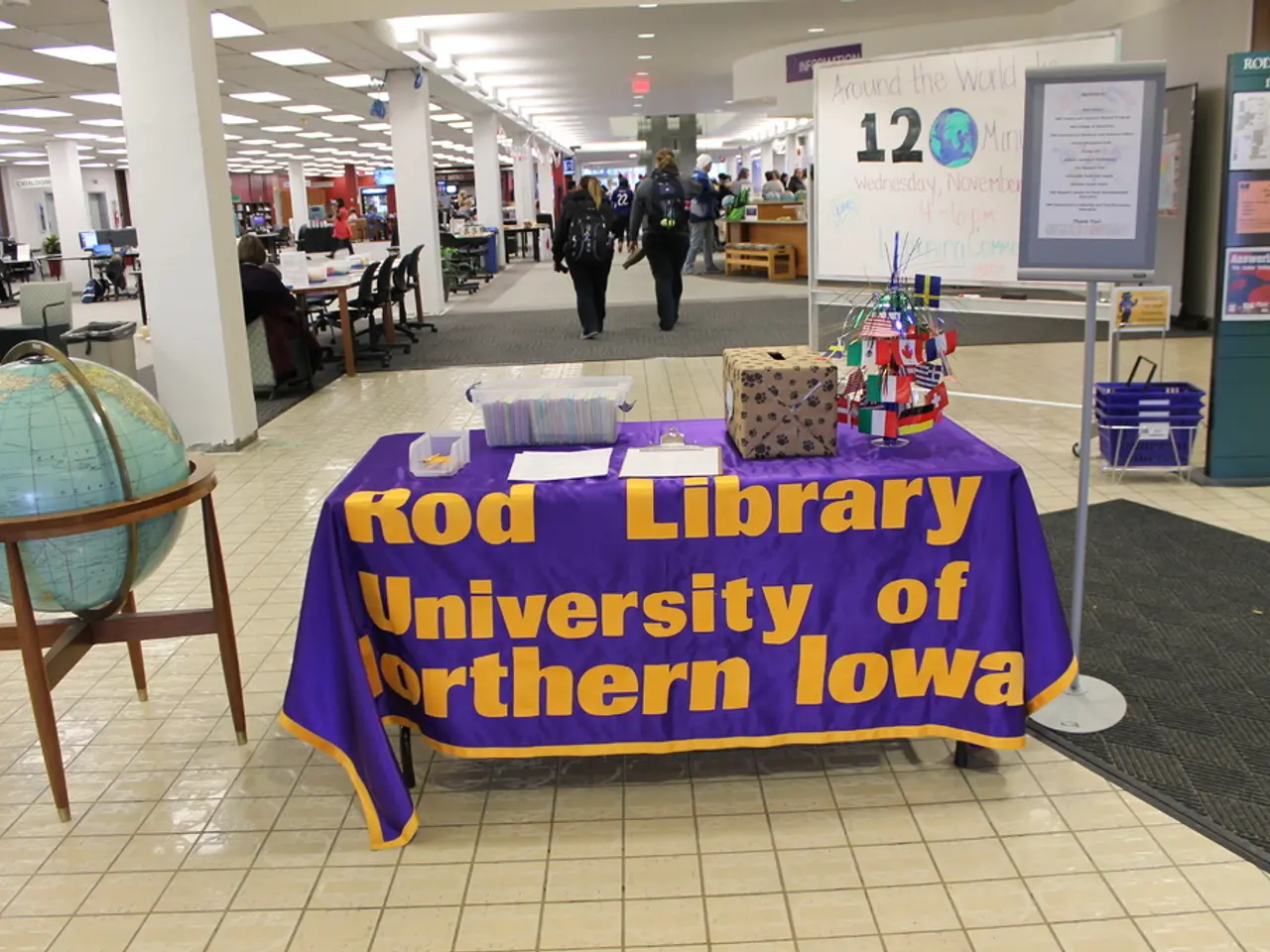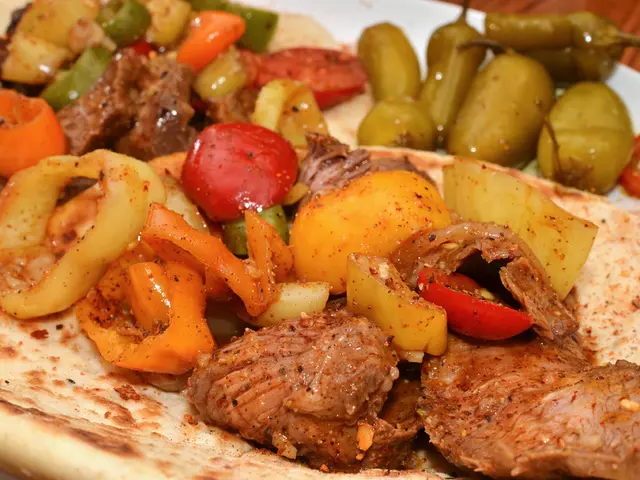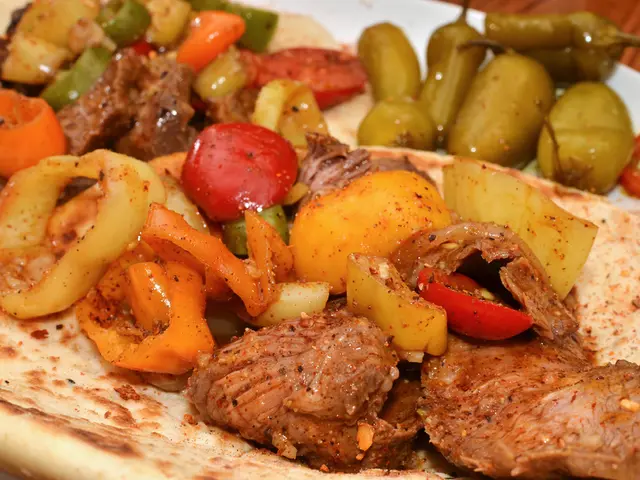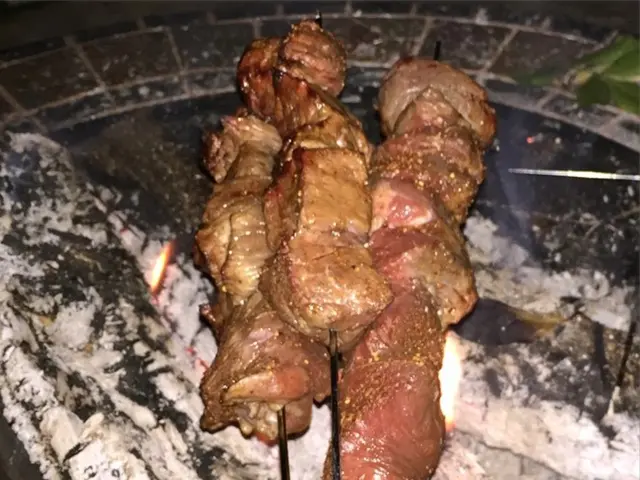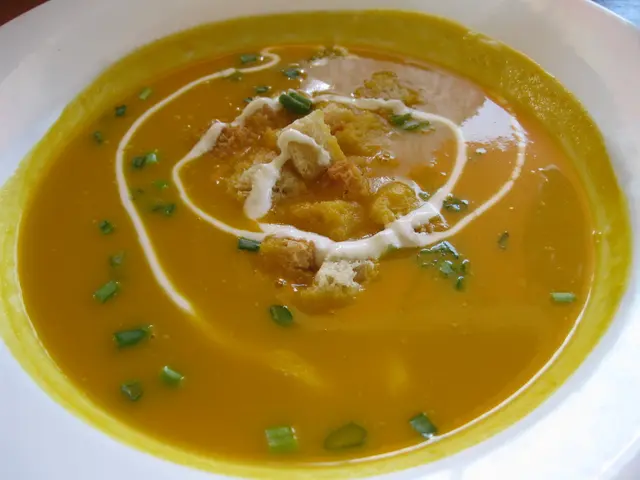Celebration of Prophet Muhammad's Birthday: Varying Cultural Traditions Worldwide
Celebrating the Prophet Muhammad's Birthday Across the Muslim World
The Prophet Muhammad's birthday, known as Mawlid al-Nabawi, is marked across much of the Muslim world as a religious and cultural festival. This day, celebrated on the 12th day of Rabi' al-awwal, is an occasion for communal prayers, public gatherings, and charitable acts, symbolizing devotion and reverence for the prophet.
In Arab countries, celebrations of the prophet's birthday combine religious recitations and praises, and traditional dishes are an integral part of the festivities. For instance, in Morocco, mosques host recitations of the Quran and stories from the life of the prophet during Mawlid celebrations. Citizens prepare special dishes such as "tagine" and serve traditional sweets, creating a warm and festive atmosphere.
In Turkey, the spirit of Mawlid is kept alive by distributing small cakes, alongside drinks and sweets, creating a festive atmosphere that blends devotion with communal celebration. Mosques host Quran recitations and special gatherings recounting the prophet's life and teachings during Mawlid celebrations.
The Mawlid season in Egypt is a prime commercial period, with merchants setting up temporary stalls, or "shawader," along the streets. Among the most popular items sold during the celebration are the Mawlid doll and the horse, made from sugar or plastic. The celebration extends to official ceremonies at Jakarta's Istiqlal Mosque in Indonesia, recognized as a public holiday.
The tradition of celebrating Mawlid is believed to have been introduced by the Fatimid dynasty in Egypt. It reached new prominence under Sultan Salahuddin al-Ayyubi in the late 12th century. In recent times, the way it is observed differs greatly, with some countries marking it as a national holiday.
In Algeria, people celebrate Mawlid by preparing "Tummina," a traditional sweet made from semolina, honey, and butter. In Saudi Arabia, citizens commemorate Mawlid by opening mosques for sermons that emphasize the prophet's qualities and the values he promoted.
In Thailand, Mawlid serves as both a religious occasion and a marker of Muslim-Buddhist relations, highlighting how a Muslim minority negotiates its identity within a Buddhist-majority state. In Yemen, the Mawlid holiday is officially recognized as a national holiday.
In Mecca, a striking feature of the Mawlid celebrations is the illumination of 16 light beams from the clock tower at the Grand Mosque, extending up to 10 kilometers. In Türkiye, the celebrations are similar, with mosques hosting special gatherings and Quran recitations during Mawlid.
The celebration developed centuries after his death as a way for Muslims to express love and reverence for the prophet. Today, the richness and diversity of Islamic cultures and traditions are reflected in the various ways Mawlid is celebrated across the Muslim world.
